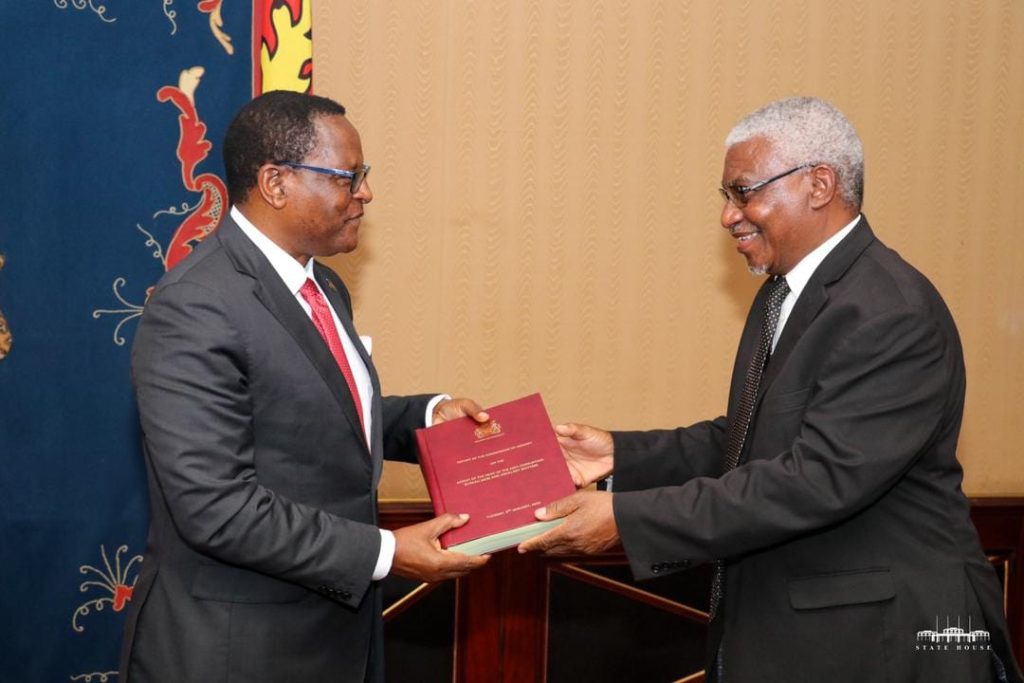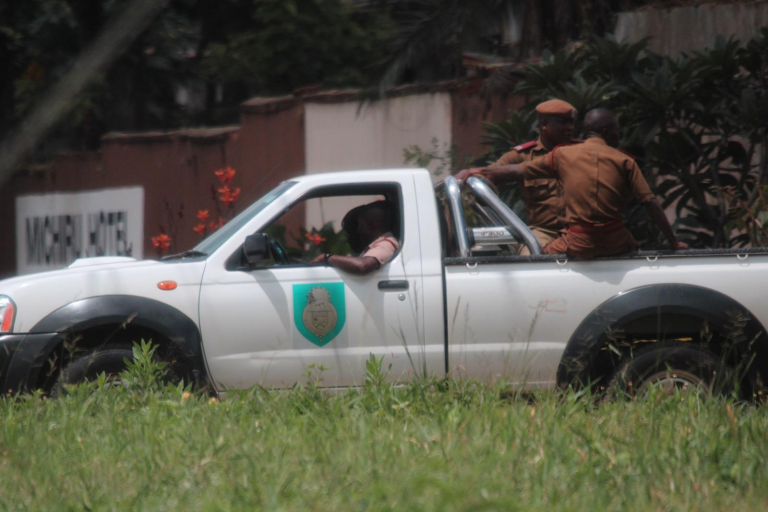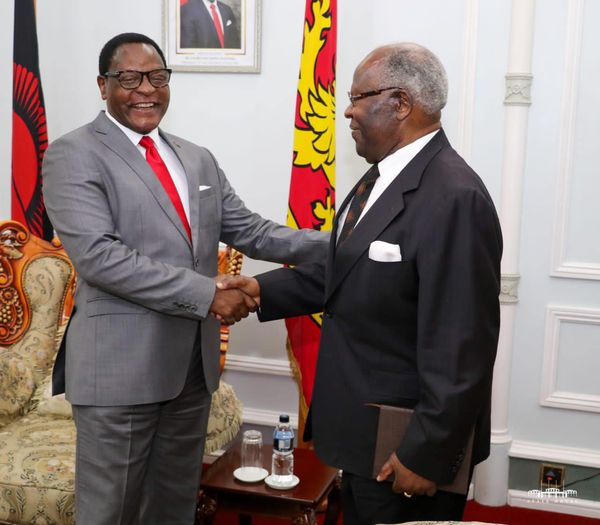BY PIJ REPORTER
The prosecution of controversial businessman Zuneth Sattar and his associates both in the United Kingdom and Malawi might have been delayed due to failure by the Attorney General (AG) Thabo Nyirenda to process a request to the United Kingdom for evidence sharing, known as the Mutual Legal Assistance (MLA).
The revelation has been made in the findings of the commission of inquiry into circumstances leading to the arrest of Anti-Corruption Bureau (ACB) director Martha Chizuma.
The Platform for Investigative Journalism was tipped last year of Nyirenda’s decision, which has delayed the process, but both the AG nor ACB did not confirm the development. The ACB requested the AG to Kick-start the MLA process as early as April 2022, according to PIJ’S sources.
In the inquiry report, the ACB Deputy Director Elias Bodole told the commission that the ACB has been struggling to get cooperation from the MLA and support generally in prosecuting Sattar –related cases.
Reads the inquiry: “Mr Bodole testified before the Commission that the President directed that the ACB be given more funds for the prosecution of cases. He further informed the Commission that since the Sattar case, the ACB has been having difficulties in getting the usual assistance they used to get from the offices of the AG and the DPP. Mr Bodole told the Commission that the ACB was unable to proceed with cases related to Mr Zunneth Sattar due to the delay in the AG issuance of the letter asking for Mutual Legal Assistance from the British Authorities.”
Nyirenda said in an interview, while he could not comment on the matter to avoid jeopardizing investigations, “there was something happening” around the MLA issue.
“My comment is that I won’t comment on this issue because I won’t jeopardize cases, but there is something happening on the issue,” said Nyirenda.
The ACB and NCA have been collaborating by sharing intelligence or information in the case in an unprecedented and ground-breaking investigation. The move as previously revealed by the PIJ has sent shivers of fear in the corridor of power. The Director General of National Intelligence Services (NIS) attempted to stop the investigation on the basis that it could jeopardize national security.
Lawyers for Sattar, the 41-year-old businessman based in Leicester, UK and for associates arrested in Malawi have argued in court that the cooperation in intelligence gathering by ACB and NCA which led to their arrests is illegal. The Supreme Court is yet to decide on the matter.
However, the commission of inquiry appears to wade on the matter, recommending that future cooperation agreements such as the current MOU between the ACB and NCA should have the government as a party instead of an agency such as the ACB.
It reads: “The Commission received evidence that the agreement for mutual legal assistance between the ACB and the National Crimes Agency of the UK did not follow the government framework on a bilateral agreement, and this is straining relationships and could be a cause for some mistrust in the sector. The Commission recommends that without jeopardizing the independence of the ACB, any bilateral agreements for support to the Bureau should have the Malawi Government as a party.”
The AG’s move is among a string of several controversial decisions state institutions such as the office of the AG and Director of Public Prosecutions have made in connection to the Sattar case that is widely seen as blocking the prosecution of Sattar and his cronies.
In January 2022, the AG unilaterally announced an amnesty for all people facing corruption cases, a move that the ACB rejected and was strongly criticized by the public, forcing the president to announce that the amnesty will not be held.
Again, as exposed by the PIJ, after publicly declaring that all contracts to companies connected or belonging to Sattar were terminated, the AG gave a legal opinion, in private, to the government permitting government agencies to make payments to contracts of Sattar including those which were still under investigation. The ACB had suspended all payments as well as was also investigating the contracts, but the AG’s opinion meant even the ACB’s constitutional powers to suspend a contract under investigation were circumvented.








.jpg)
